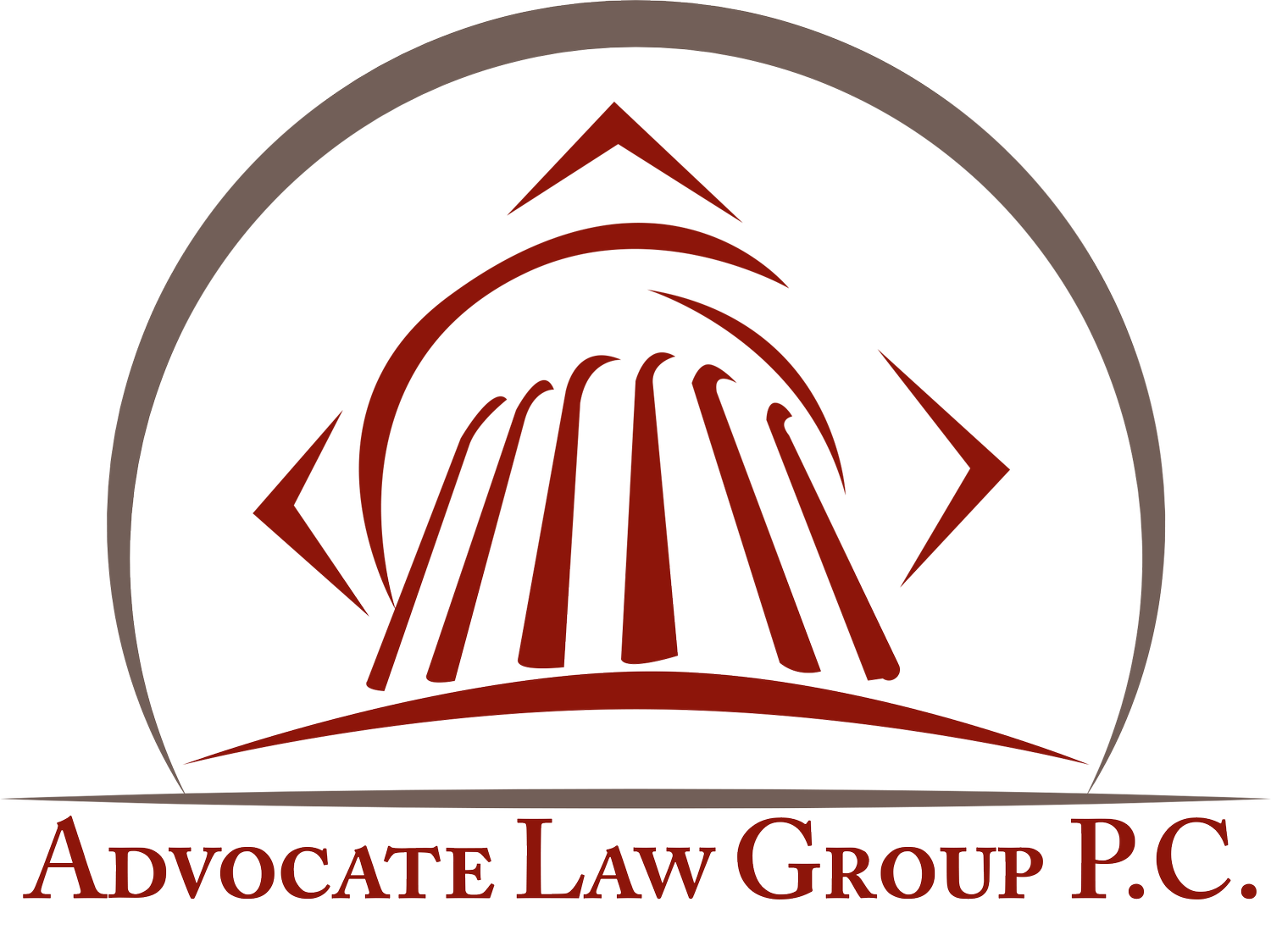Defective Medical Devices
Medical devices are increasingly being used to treat patients in doctors’ offices, in hospitals and in patient’s homes and daily lives as technology continues to revolutionize healthcare. While most modern medical devices help patients recover and improve their quality of life, there are some medical devices that prove to be defective, and these defective medical devices can cause serious harm, permanent injury and even death. Because medical devices are often so closely connected to a patient (for instance, pacemakers are placed in a patient’s chest and connected to their hearts), when they are defective, or for one reason or another fail to work properly – whether as a result of improper design, inadequate testing, improper installation or poor manufacturing — the damage they cause can be severe and life threatening.
There are a variety of different ways a medical device can be, or become, defective. If the problems with the device result from flaws in the manufacturing process (such as if it was not assembled properly in a factory, or its manufacture or assembly was switched to a “low cost” provider), then the device is a defectively manufactured medical device. If, on the other hand, the problems stem from the device’s design (such as if the device is designed in such a way that it tends to break apart in the patient’s body, or short circuit after being implanted), then the device is a defectively designed medical device. Finally, if the issues with the device arise from how the device was marketed (say, if the device was marketed without necessary warnings and instructions) then the device is a defectively marketed medical device. While the injuries and harm caused defective medical devices differ in terms of their causes, their effects – each defective medical device can wreak havoc on a patient’s health and may cause serious injuries or fatalities.
Before reaching the market, medical devices are supposed to go through an approval process regulated by the U.S. Food and Drug Administration (FDA). Sometimes that process subjects some new medical devices to years of clinical testing before final approval, while other devices can sometimes slide by with little if any review – particularly when a manufacturer falsely or ignorantly claims that there has been essentially no change from a previously approved device. History has shown that many unsafe devices reach consumers – and just because a medical device is on the market does not mean it is safe.
If the FDA becomes aware a defective medical device that can harm patients is on the market, the FDA might decide to issue one of 3 types of recalls. A Class III recall, the least serious type, is issued when the medical device is not functioning as advertised or not meeting certain standards but is not causing harmful health effects. A Class II recall is ordered when the medical device is causing (or can cause) harmful health effects that are temporary or can be alleviated through treatment. The most serious recall, a Class I recall, is issued when there is a ‘reasonable probability’ that the medical device can result in harmful health effects or death. It is important to note that Class 1 recalls usually occur only after significant harm has been reported.
Common Defective Medical Devices
Some of the most well-known and prevalent defective medical devices include the following:
Hernia Mesh – Hernia Mesh, sometimes called surgical mesh, is a type of mesh designed to help the body recover from hernia surgery. The mesh, used in 9 out of 10 hernia surgeries in the U.S., is exceedingly popular due to the belief (reaffirmed by some studies) that it reduces the risk of the hernia recurring. However, some mesh was poorly designed and poorly manufactured, while other mesh that worked well for in one area of the body was then purposed and used in circumstances for which it was not suitable, causing harmful health effects when it interacts with internal organs or migrates in the body after surgery. Hernia mesh has been known to cause complications, such as organ perforation, bowel obstruction, infection, adhesions, and chronic pain. Although the FDA has issued recalls for over 200,000 units of hernia mesh since 2005, there are still many different types of dangerous hernia mesh on the market. Further, even when an approved product, such as hernia mesh, is marketed and then used for purposes it was not intended, such as some hernia mesh being used in women for vaginal surgery, significant and life altering health consequences can result.
Talcum Powder – Talcum Powder, also known and formerly marketed as ‘baby powder,’ is a product designed from the mineral talc. Talcum powder is well known for its ability to absorb moisture and prevent diaper rash, and for decades Johnson & Johnson was the leading marketer of talcum powder. Unfortunately, and tragically, the mineral talc is often found adjacent to deposits of asbestos a highly dangerous, cancer-causing mineral. In a series of lawsuits it was alleged that Johnson & Johnson knew that some containers of its talc contained particles of asbestos, and that because talcum powder can contain asbestos, a host of deadly serious medical complications like ovarian cancer, mesothelioma, lung cancer, and other respiratory problems can result. Due to these concerns and a series of successful lawsuits against Johnson & Johnson, the company decided to stop selling talc-based powders in the U.S.
How We Can Help
If you or a loved one was injured by a defective medical device, you may be entitled to recover substantial damages for the harm it has caused and for your pain and suffering. Proving a defective medical device case requires demonstrating that the person was harmed, that the medical device used was defectively manufactured, designed, or marketed, and that this defect caused the harm. Depending on the situation, plaintiffs might have a case against the medical device’s manufacturer, the device’s sales representatives, the organization responsible for ensuring the safety of the device. It’s most likely the manufacturer was at fault and deceived not only the patient but the doctor, but in some cases the doctor who recommended or installed the device may bear some responsibility.
These cases are often complicated by the fact that the harmful medical device might still be in the plaintiff’s body during the lawsuit, so the court might also need to consider the additional costs and risks of removing it. Furthermore, medical device manufacturers and other big corporations that tend to be the defendants in these cases usually have purchased insurance designed to cover their risks. The attorneys litigating these cases will thus have to deal with not only the manufacturer or marketer of the defective medical devices and their lawyers, but their insurance companies and its lawyers as well.
Clearly, these cases are very complex and require a team of skilled attorneys to successfully hold these big corporations accountable. At Advocate Law Group, our partners have the ideal background for taking on these cases. One of our senior partners has had decades of experience on a hospital board, while another was a legal officer and senior executive of the nation’s largest company. With an unrivaled reputation for helping our clients win, and a commitment to holding unethical corporations accountable, and an outstanding array of talent in the Advocate Law Group Network we know what it takes to help victims of defective medical devices win big and win fast. If you have been harmed by a defective medical device, contact us for a free consultation.

Get Your Free Case Evaluation
The attorneys in the Advocate Law Group network bring decades of real-world experience in both law and insurance.
